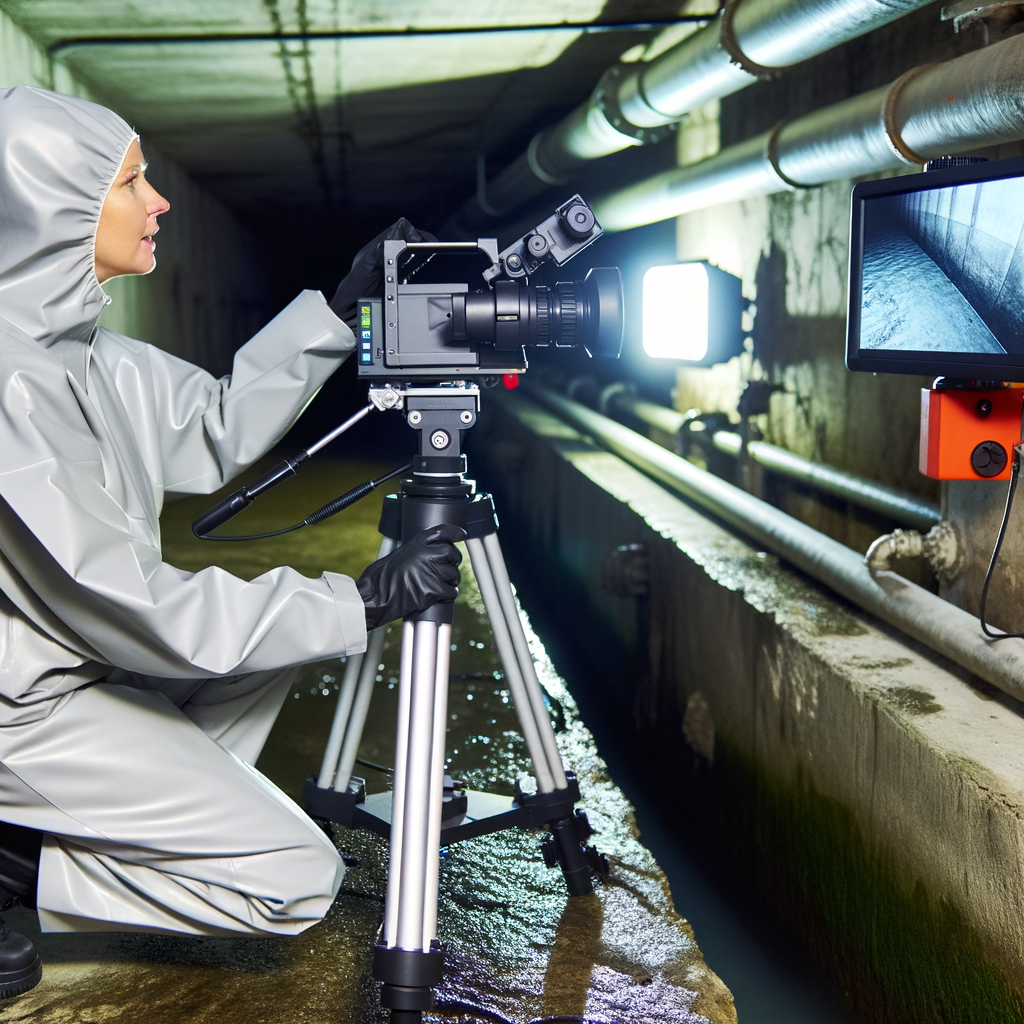Understanding Sewer Inspection Pricing: A Complete Guide
Explore comprehensive insights into sewer inspection pricing with this detailed guide, offering tips and trends for industry professionals.

Understanding Sewer Inspection Pricing: A Complete Guide
In the world of plumbing and construction, sewer inspection pricing can be a complex topic. This comprehensive guide aims to demystify the cost aspects associated with sewer inspections, providing valuable insights for industry professionals.
Table of Contents
- Introduction to Sewer Inspections
- Factors Influencing Sewer Inspection Costs
- Types of Sewer Inspection Methods
- Pricing Breakdown for Sewer Inspections
- Tips for Cost-Effective Sewer Inspections
- Industry Trends and Developments
- Conclusion
Introduction to Sewer Inspections
Sewer inspections are a critical component of maintaining and ensuring the functionality of sewer systems. These inspections help identify blockages, leaks, and other potential issues in both residential and commercial properties.
Factors Influencing Sewer Inspection Costs
The pricing of sewer inspections can vary significantly based on several factors:
- Location: Costs may differ depending on the geographic area.
- Property Size: Larger properties might require more extensive inspections.
- Type of Inspection Method: Different methods such as video camera inspections or smoke testing have varying costs.
- Accessibility: Hard-to-reach areas may incur additional labor charges.
- Urgency: Emergency or after-hours services may be priced higher.
Types of Sewer Inspection Methods
Video Camera Inspections
Video camera inspections are the most common method for assessing sewer lines. They involve inserting a waterproof camera into the sewer pipes to visually inspect the interior condition. This method is popular due to its accuracy and minimal disruption.
Dye Testing
Dye testing involves flushing colored dye through the plumbing system to identify leaks and ensure proper drainage. It’s typically used to spot illegal connections or leakages.
Smoke Testing
Smoke testing helps identify cracks, leaks, and other defects in sewer lines by introducing non-toxic smoke into the system. This method is effective for detecting illegal taps and leaks that are not visible otherwise.
Pricing Breakdown for Sewer Inspections
The cost of sewer inspections typically ranges from $150 to $500, depending on the factors mentioned earlier. Here’s a typical breakdown:
- Video Camera Inspection: $100 - $400
- Dye Testing: $80 - $250
- Smoke Testing: $100 - $300
Additional charges may include:
- Emergency Services: Additional $50-$150
- Detailed Reporting: $50 - $100
Tips for Cost-Effective Sewer Inspections
- Regular Maintenance: Regular inspections help prevent costly repairs.
- Compare Quotes: Obtain multiple quotes to ensure competitive pricing.
- Bundle Services: Consider bundling with other plumbing services to save costs.
- Consult Professionals: Engage experienced professionals to avoid repeated inspections.
Industry Trends and Developments
The sewer inspection industry continually evolves with new technologies and methodologies. Current trends include:
- Advanced Imaging Technology: Enhanced camera systems provide clearer images and more accurate diagnostics.
- AI Integration: Artificial Intelligence is being used to analyze inspection data more effectively.
- Sustainability Practices: Eco-friendly inspection methods are gaining popularity.
Conclusion
Understanding sewer inspection pricing is crucial for professionals in plumbing and construction. By considering the factors and methods outlined in this guide, industry professionals can make informed decisions, ensuring both cost-effectiveness and quality in sewer inspections.